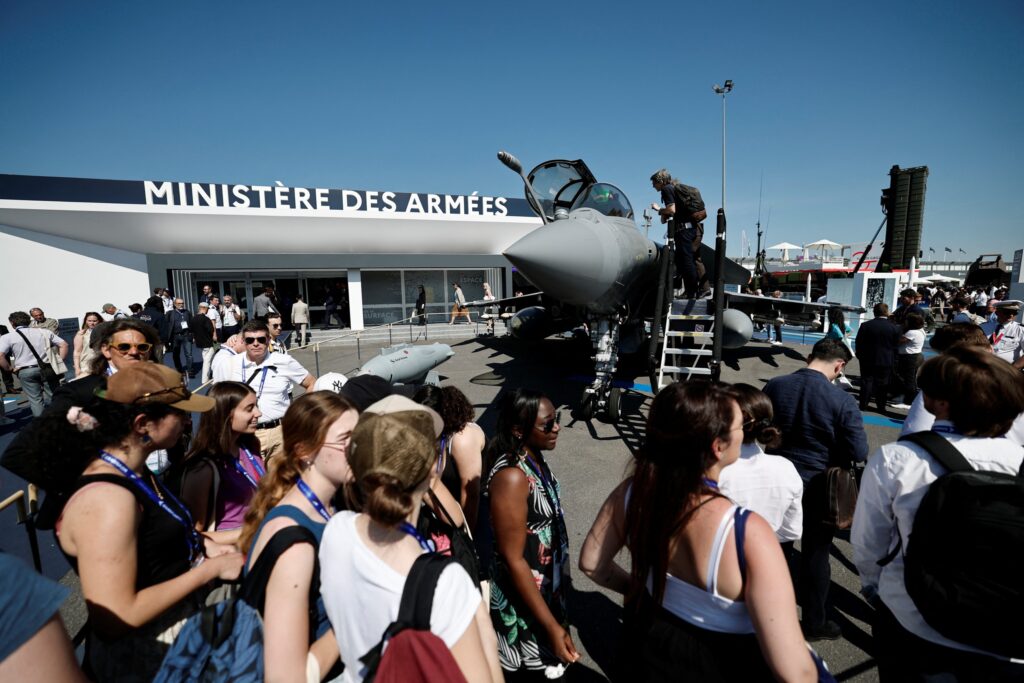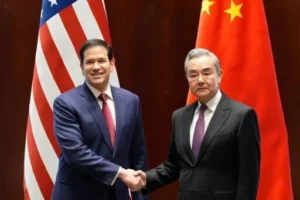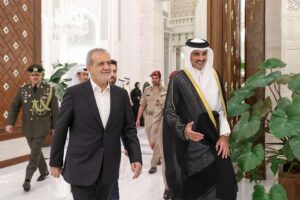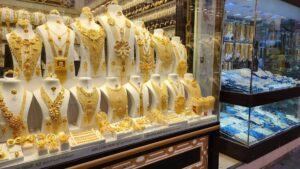
Airbus and low-cost carrier VietJet signed an agreement for up to 150 single-aisle aircraft at the Paris Airshow, where US Transport Secretary Sean Duffy bolstered industry expectations for a return to tariff-free trading.
In one of the most blatant indications that the Trump administration may support such a move, Duffy stated that he wants civil aviation to return to a 1979 zero-tariff trade pact. Duffy noted that the White House was aware that the US is a net exporter in the aerospace sector but was also juggling a complicated tariff issue.
It has been exceptional for them. It’s a fantastic area for net exporters,” he said. The White House is aware of it, but if you visit and observe the various moving components of what they’re dealing with, you’ll realise that it’s rather intensive and involves a lot. The 10% import tariffs imposed by US President Donald Trump are a pain in the neck for a sector already struggling with supply chain issues and dealing with new turmoil following last week’s tragic Air India disaster and the Middle East war.
The US Commerce Department began a “Section 232” national security inquiry into the import of commercial aircraft, jet engines, and components in early May. The probe might serve as the foundation for even greater tariffs on these imports.
Also Read:






